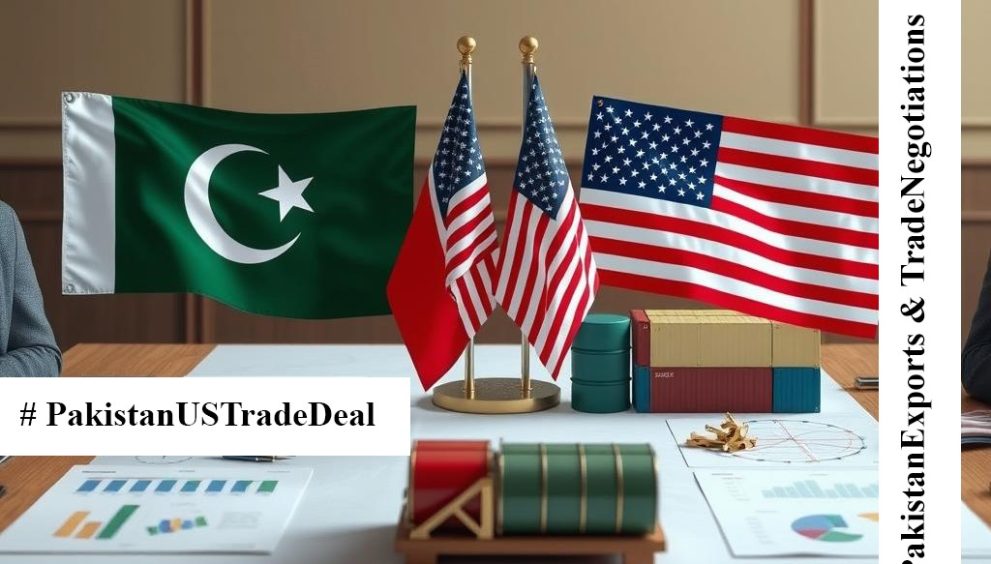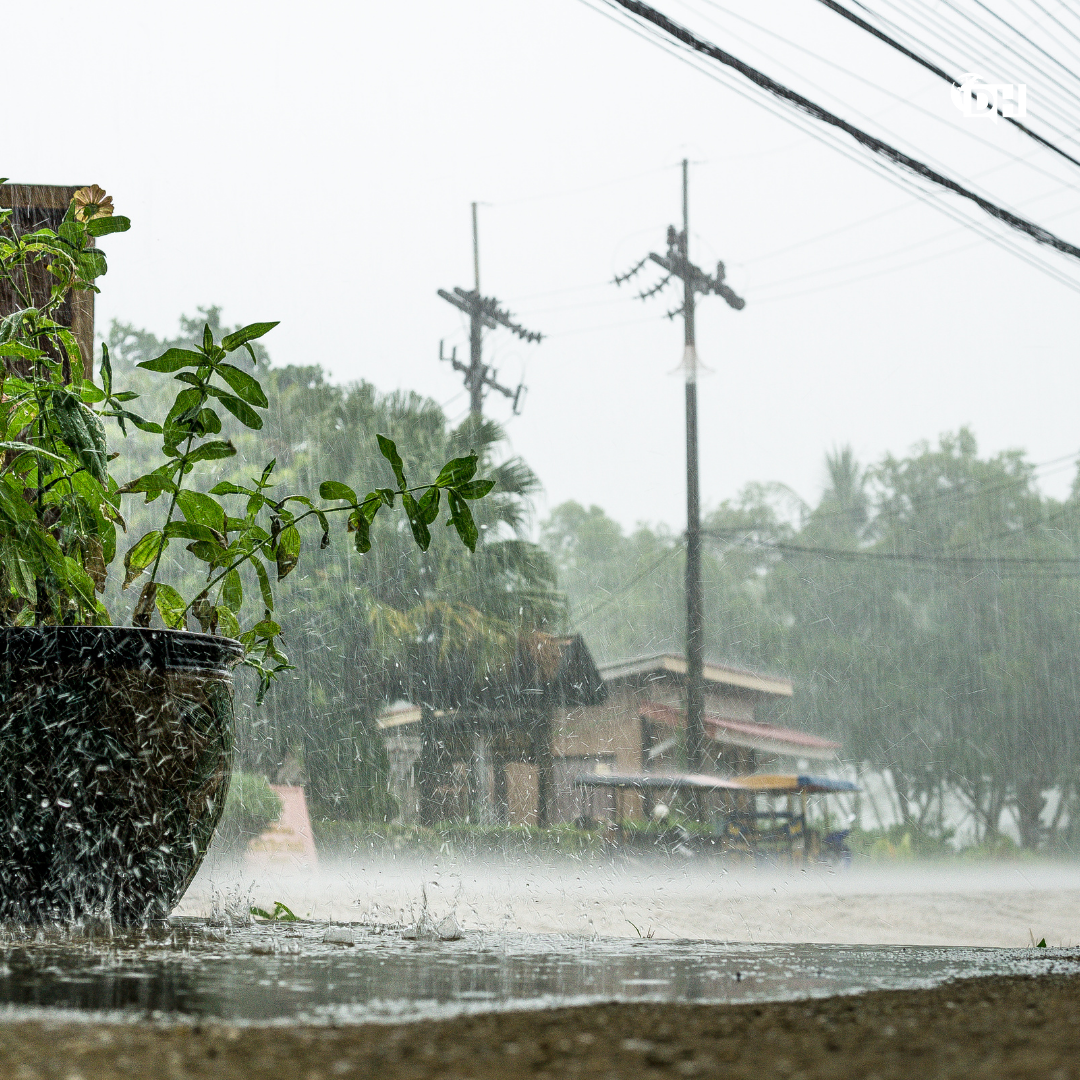High-level trade negotiations between Pakistan and the United States are approaching a critical juncture, with just days left before the July 9 deadline. At the heart of these talks is the proposed Pakistan US trade deal, which could define the future of Pakistan exports, particularly in textiles and agriculture.
Tariff Pressure Sparks Urgency in Talks
The Pakistani delegation, led by Commerce Secretary Jawad Paal, has traveled to Washington to push for a long-term solution that would avert the reimposition of steep US tariffs—as high as 29% – on key Pakistan exports. These US tariffs were temporarily lifted earlier in the year, but unless the Pakistan US trade deal is finalized, exporters could face major setbacks.
Key Sectors and Mutual Incentives
US Treasury Secretary Scott Bessent has hinted at the possibility of a short extension if significant movement is seen, potentially moving the deadline closer to Labor Day. However, Pakistani officials are aiming to wrap up the agreement within the week to avoid any uncertainty for exporters and foreign investors.
The trade framework that is presently being discussed calls for Pakistan to purchase more American goods, particularly crude oil, and provides incentives to entice US investment in Pakistan’s mining, energy, and infrastructure sectors. Development plans for the Reko Diq copper-gold mine and associated energy projects are among the main projects being discussed. New prospects through US Export-Import Bank channels are also anticipated as a result of this possible deal.
Path Forward: Strategic Partnership and Access
The outcome of these trade negotiations could reshape economic ties between the two nations. For Pakistan, securing this agreement means continued access to a vital market, shielding Pakistan exports from damaging US tariffs, and fostering long-term investment collaboration.







